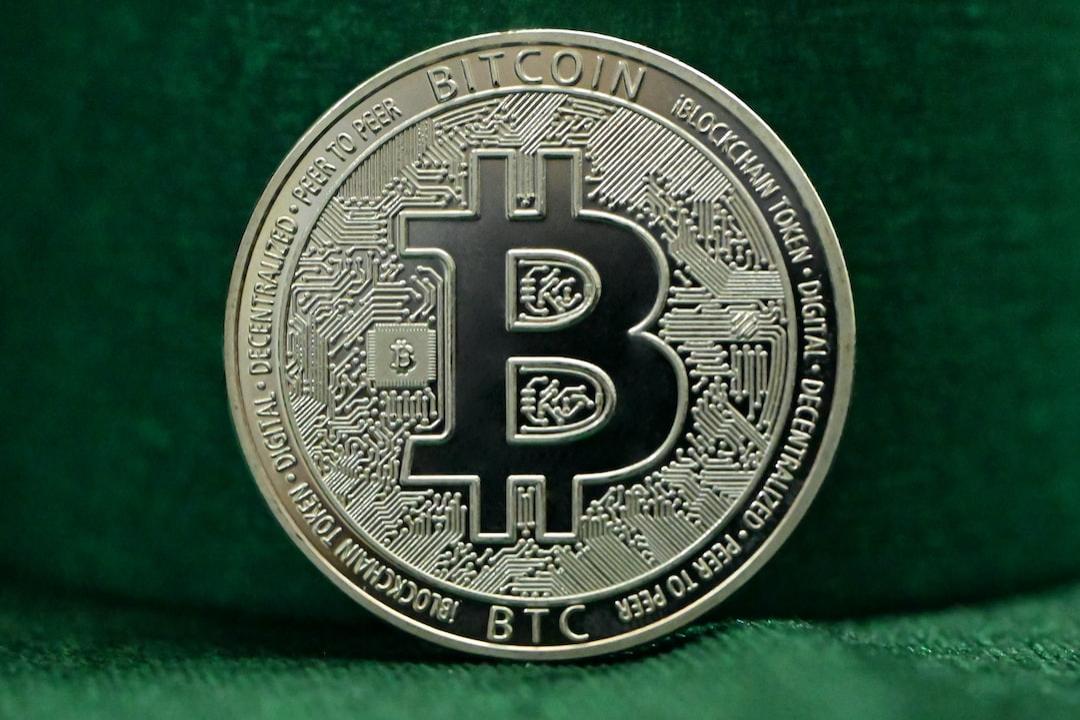OKX officially announced today that, in order to cooperate with regulatory authorities, it will suspend the DEX aggregator service of its Web3 wallet, which has left the community confused. In this regard, Bloomberg provided some clues in its report on the 11th. According to the report, sources revealed that OKX officially obtained the EU MiCA license in February this year. However, it is now feared that hackers may be using OKX Web3 services for money laundering, which could result in penalties from the EU. Some community KOLs also pointed out that, in light of the OKX incident, other exchanges are also urgently adjusting the Web3 wallet features.
(Background: North Korea’s Bitcoin reserves have increased by 13,000 coins, making it the third-largest holder, second only to the US and the UK. How are hackers, like Lazarus, impacting the global crypto arms race?)
(Supplementary background: Looking at the Bybit hack incident to understand exchange security: How do security and compliance guide the healthy development of platforms?)
Bloomberg, on the 11th, quoted sources reporting that after hackers used OKX Web3 wallet’s DEX services to launder $1.5 billion in stolen funds, regulatory bodies took notice. Earlier, OKX officially obtained the EU MiCA license in February, which means that OKX is now bound by the EU’s MiCA regulations. The sources cited in the report pointed out that hackers using OKX Web3 services for money laundering have forced regulators to consider whether Web3 platforms fall under the MiCA framework. If so, OKX may face EU penalties.
However, OKX CEO Star responded on Twitter at the time, claiming that Bloomberg’s report was misleading:
OKX Web3 wallet is a purely self-custody software, as everyone knows. OKX DEX is a DEX aggregator that provides the most efficient routes to various DEXs for users. This is exactly the same as many well-known Web3 companies’ products.
According to Bloomberg’s report, Bybit seems to imply that OKX assisted hackers in money laundering, claiming: “Hackers have laundered approximately $100 million in stolen crypto assets through the OKX Web3 platform.” This is a false and misleading statement.
OKX Suspends Web3 DEX Aggregator
However, less than a week later, OKX’s official website unexpectedly announced on the 17th that, in order to cooperate with regulatory authorities, OKX would temporarily suspend its Web3 DEX aggregator service. Below is the full announcement:
To our community and wider audience:
We would like to address some recent events surrounding OKX Web3. Over the past few days, we have faced targeted media attacks questioning our integrity and operations. While we have always focused on building and protecting the industry, we cannot ignore the timing of these attacks—just as we are actively combating financial crimes.
Recently, we detected that the Lazarus Group has been exploiting our DeFi services. At the same time, we have noticed increasing competitive attacks in the market attempting to undermine our efforts.
But we will not back down. Instead, we have chosen to take decisive action.
After communicating with regulatory authorities, we have proactively decided to temporarily shut down the DEX aggregator service for further upgrades to prevent future abuse. We understand that transparency is crucial, and we are working with blockchain explorers to correct incomplete label information. Our goal is to ensure that explorers correctly display the DEX handling the transaction, rather than incorrectly labeling our aggregator as the execution point.
In addition, we have implemented the following measures:
- A hacker address detection system for the Web3 DEX aggregator, which was launched a few days ago.
- A hacker address tracking system that can update the latest hacker wallet addresses and immediately block them in the CEX system.
These measures demonstrate our ongoing commitment to staying ahead of malicious actors and protecting user security.
We would like to make one thing clear:
OKX Web3 is a DEX aggregator, not a custodian of customer assets. Our responsibility is to integrate liquidity from multiple protocols to provide users with the most efficient peer-to-peer trading experience. However, some have deliberately misinterpreted our platform, which not only affects OKX Web3 but also damages the entire industry and its regulatory dialogue.
Trust is critical in this industry. This is why we have always been committed to enhancing security measures, ensuring transparency, and adhering to regulatory standards. We hope the community can recognize the true nature of these attacks—intentional misinformation aimed at distorting our role and its value to the ecosystem.
We will continue to innovate, protect our users, and advocate for a more transparent and responsible digital asset environment.
Thank you for your support, and stay tuned for more updates!
Community KOLs: Other Exchanges are Taking Action
On the other hand, the sudden suspension of the Web3 DEX aggregator by OKX caused panic within the community, with many worrying that other exchanges’ Web3 wallet DEX functions would also be suspended. In response, community KOL AB Kuai.Dong stated:
The EU’s regulation of OKX wallet has a huge impact. I have already heard that several exchanges are working overtime to make adjustments:
- Exchanges will split wallets into independent apps;
- Wallet apps will no longer have built-in DEX and cross-chain functions;
- Wallets will no longer provide CeDeFi and other official financial services.
AB Kuai.Dong also added:
- Currently, only Bitget is unaffected, mainly because after acquiring BitKeep, the two apps were not integrated, and therefore are not within the scope of this regulation.
Additionally, Colin Wu, editor-in-chief of Wu Blockchain, also commented on this matter:
The sudden suspension of OKX DEX services has left many confused, with people asking why. The reason is due to pressure from EU regulation.
Because North Korean hackers used Bybit to launder nearly $100 million, the language used in the EU meeting was quite stern. While the EU’s operational capabilities are not strong, their political correctness is top-notch. The key point is that OKX had just obtained the MiCA license.
It is indeed challenging. A brand whose main business needs to be fully compliant while its sub-business needs to operate in a decentralized manner without authorization makes it hard for regulators to distinguish between the two.
It is still unclear whether OKX Web3 will introduce some form of control mechanism or divide different regions, such as directly blocking EU users or even restoring KYC (like Binance). In the future, it may no longer build its own infrastructure but instead rely on third-party services.
This is unfortunate for OKX’s long-term investments, but it seems to be an inevitable dilemma faced by Web3 DeFi. Unless a platform, like Bitcoin, is entirely decentralized without a centralized entity, it is impossible to operate without permission, and it is difficult to withstand regulatory pressure.
According to tests conducted by Dong District, OKX’s DEX aggregation feature has indeed been temporarily suspended.
However, the OKX Web3 wallet remains a self-custody application, so users can still interact with various protocols without issues. In simple terms, this limitation just makes it less convenient for users (in the past, OKX Web3 wallet provided aggregation services for token swaps), and users now need to search for DEXs manually when using aggregation services. But overall, this does not affect the core functionality.




